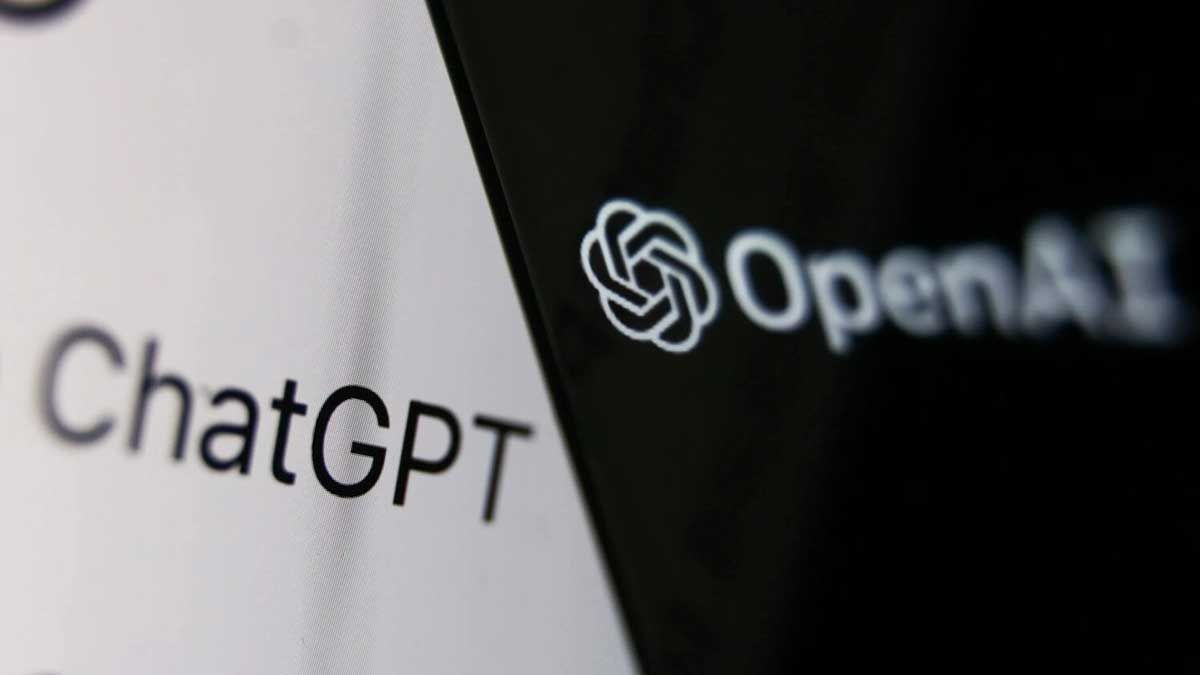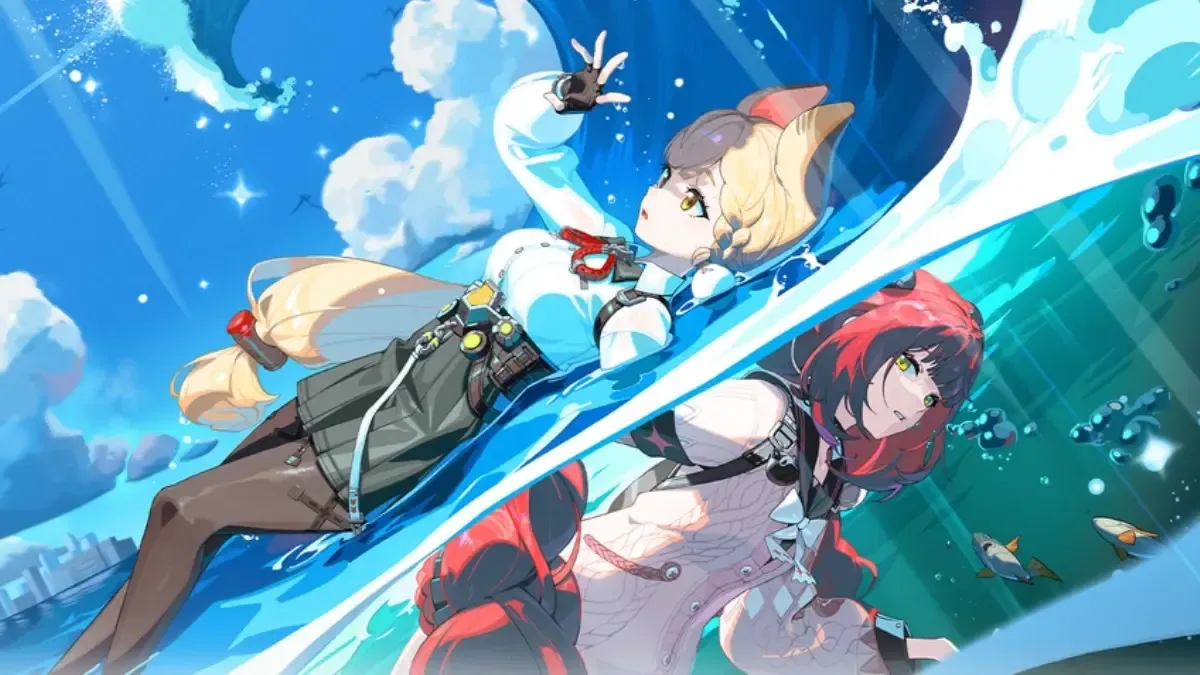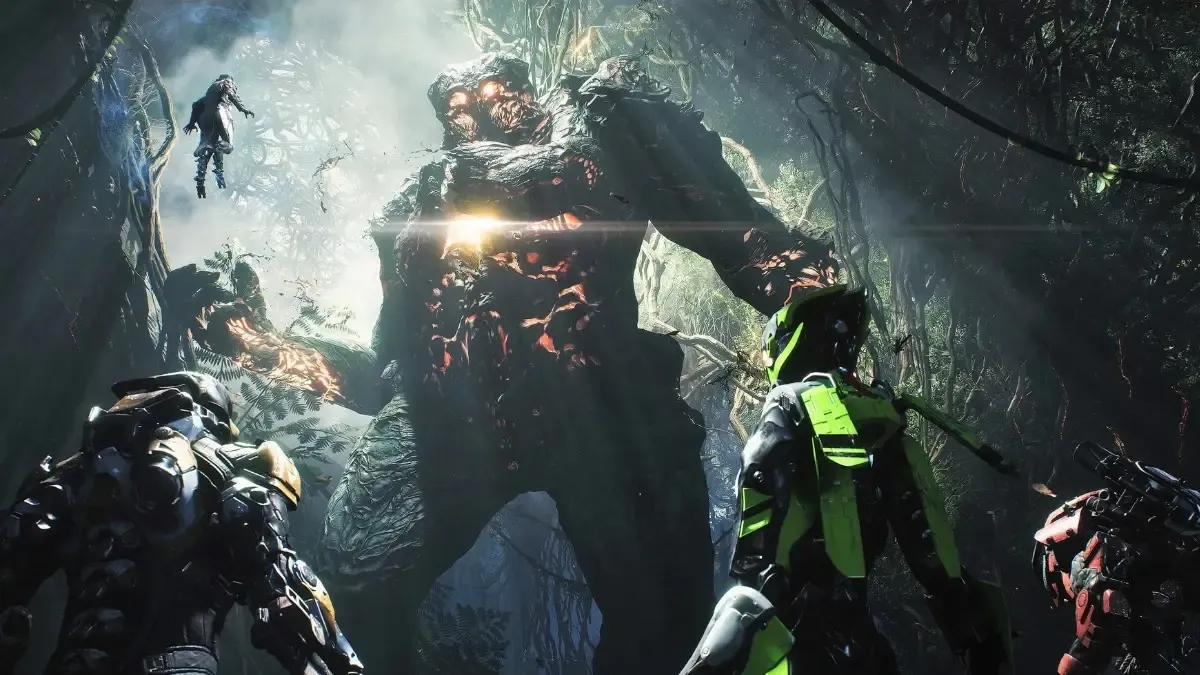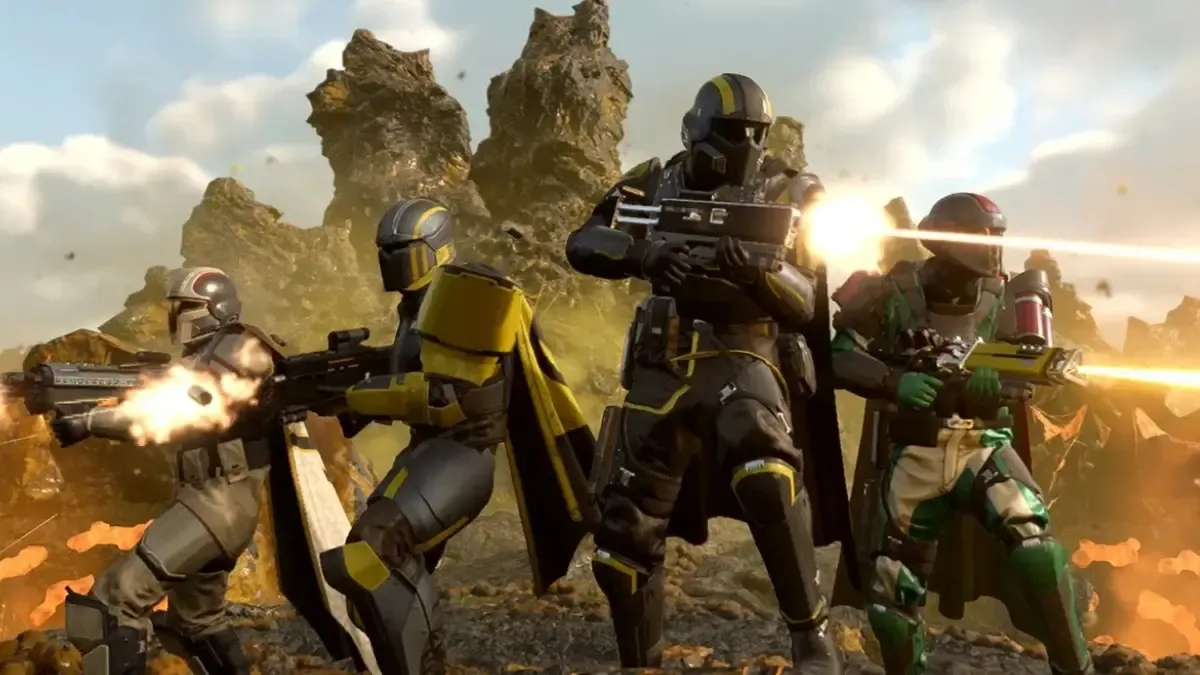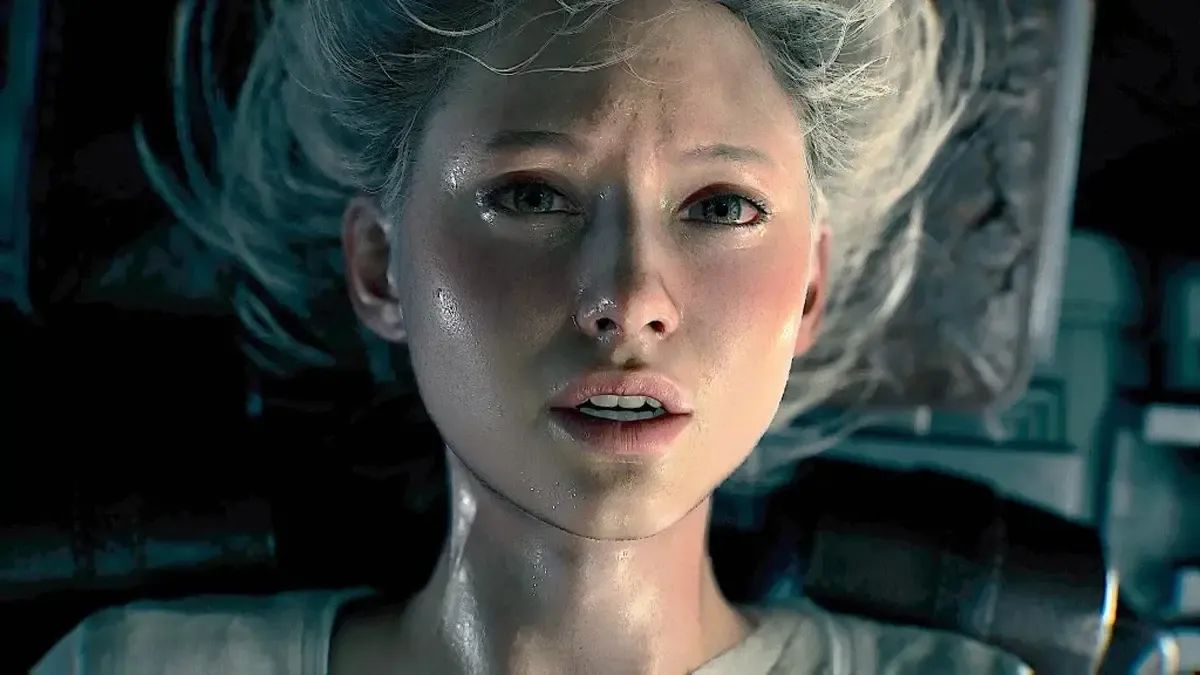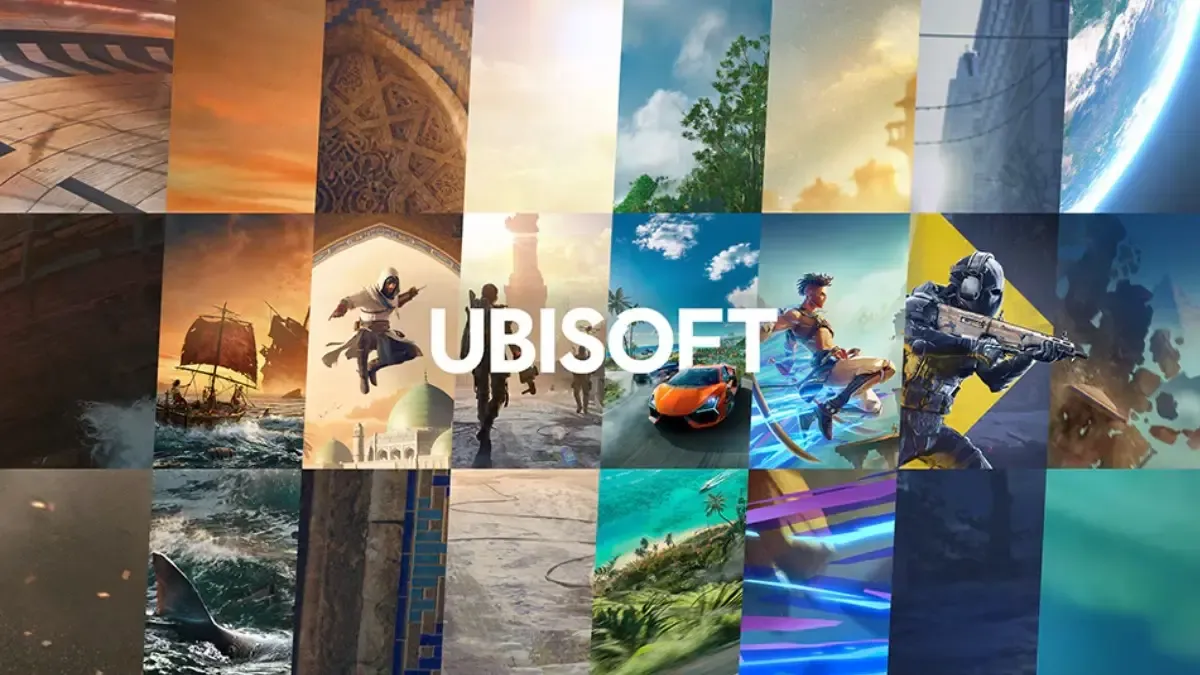Image: OpenAI
People are already using OpenAI’s new GPT-4 AI model to make fully playable videogames.
OpenAI’s new GPT-4 AI language model has taken the Internet by storm since its launch this week, with some users going so far as to make entire games from scratch using it. One user has already managed to create a fully playable version of Pong in less than 60 seconds.
Twitter user Pietro Schirano posted that GPT-4 was able to recreate one of the most iconic videogames in history in less than a minute, just by asking how the AI model would create, “a Pong-like game,” using Replit. GPT-4 then gave it basic coding examples which Schirano implemented and essentially created a whole game out of nothing. Schirano has also shared a Replit link to the game for anyone wanting to try it out themselves.
Schirano has also used GPT-4 to recreate other retro games players might be familiar with in a matter of minutes, such as Asteroids and Breakout. The Twitter user also noted that this was only possible using OpenAI’s latest version of GPT, seeing as previous attempts to use GPT 3.5 to create games only ended in debugging woes. It only took one try for GPT-4 to create a working game from scratch.
GPT-4 is the newest iteration of OpenAI’s AI language model that powers ChatGPT, although users are currently only able to access it via a paid subscription to ChatGPT Plus. The company claims that GPT-4 is massively more powerful than previous AI language models, and thus far, it shows.
The AI is now capable of giving responses of up to 25,000 words, as opposed to the 4000-word limit set on previous models. This is mostly due to it being able to generate longer and more reliably detailed responses to user prompts, exhibiting ‘human-level performance’ in most cases. GPT-4 has even managed to pass a simulated law school bar exam with a score of around the top 10% of test takers, as opposed to GPT 3.5, which scored around the bottom 10%. That’s quite a leap.
GPT-4 appears to code simple apps and recreate older games just fine for now, but there are limits to what it can do. The human element is obviously still required to create bigger and more complex games, but developers can turn to the model for minor programming solutions more reliably now. We previously asked ChatGPT to try its hand in writing an article for us, and the results were… mixed.

